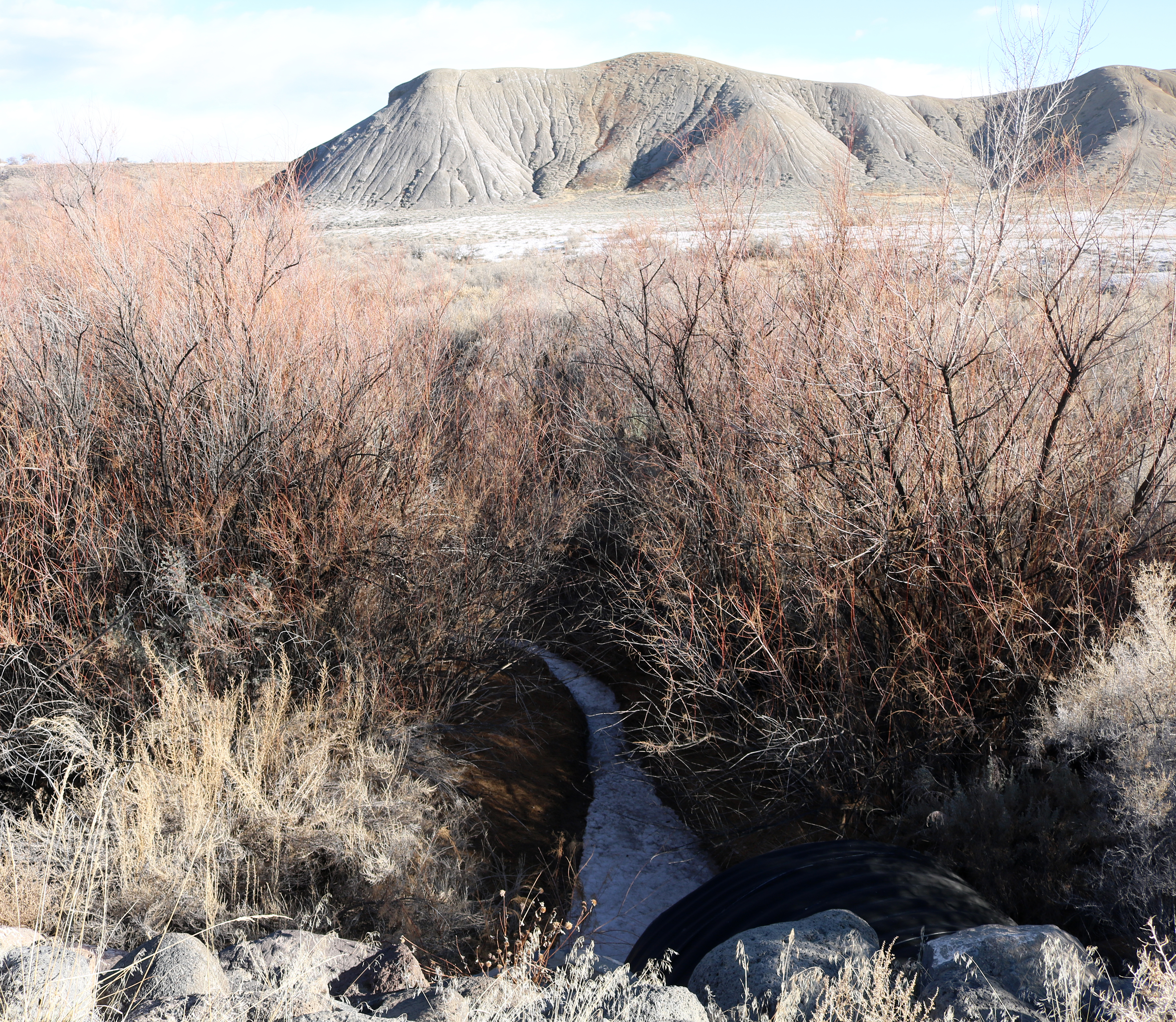Renaming and Reclaiming: A Movement for Restorative Justice on Colorado’s Geographic Features
Disclaimer: this article contains offensive language.
How did this name come to be?
That question was a focus of an hour-long meeting Wednesday night, where Colorado residents and officials, in conjunction with the United States Board on Geographic Names (USBGN).
Led by Boulder City Council member Junie Joseph, the virtual meeting focused on Colorado’s Delta County, located in the western part of the state, where two geographic features, “Negro Creek” and “Negro Mesa” are under consideration to be renamed on all official maps at the federal level.
The current names for the creek and mesa have a long and incomplete history. Up until the 1960s, each feature was named fully as the N-word. Prior to that change, though, there is no currently known history for the moniker’s origin.
Delta County has a current population of around 30,000 people, with less than one percent identifying as Black.
In the meeting, some participants suggested that the pejorative term possibly came from the description of nearby black lava rock in the Delta County region. A book from the USBGN, while not making note of the Delta County features, discusses the origins of geographic naming, which potentially backs this descriptive theory.
Other participants pushed to have continued research into the current naming origins, working to find what possible stories existed beyond current history: what stories of Black residents, past and present, could inform that gap in knowledge?
Regardless of the name origination, though, participants were seemingly in agreement that a new name was necessary.
Delta County Commissioner Don Suppes discussed his involvement with the process, including involving Delta County students for the renaming outcome. Area students have moved to rename the mesa and creek both as “Clay,” in recognition of the adobe clay in the area.
“I want this to be a local name,” Suppes said at the Wednesday meeting, whether named by the community or named after someone in Delta County. “I don’t want this to be renamed by a bunch of people that have never stepped foot in Delta County, never even seen what we’re talking about. I want it to have some local meaning.”
Meeting participants sought to have other renaming considerations, advocating for further research into the Black history of Delta County and the experiences that may have led to the pejorative name’s usage. Suppes offered to take more time to research with local students about local Black families of the area.
“Whether we choose someone that is super local or someone who is from the state, or from the nation, at the end of the day we want a name that will educate the community,” Joseph said.

Photo by Jeffrey Beall/Wikipedia CC BY 4.0.
Westminster City Council member Obi Ezeadi noted “that this was named the N-word, and it was changed in the sixties … it was named the N-word for a reason, those two structures. So, I do think that the history is important, but what I am more concerned about is the future … and, from what many folks have said tonight, changing this to a name that reflects historical Black leaders could be very powerful in an area, a county, of 30,000 … it would be noticed very prominently because of the size of [Delta County], and it could be used as a great example of how we can do restorative justice properly.”
While there are local activists pushing for geographic name changes across the country, directives from the Secretary of the Interior, Deb Haaland, are also sparking action. In 2021, Secretary Haaland ordered reviews of hundreds of U.S. sights with maligning names, accelerating the process for renaming.
Colorado is familiar with this process of renaming geographic features in recent years. In 2021, the Colorado Geographic Naming Advisory Board moved to rename a mountain in Clear Creek County, to Mestaa’ėhehe Mountain (pronounced mess-taw-HAY). The previous name for the peak was derogatory towards Indigenous people.
Also in Clear Creek County, Mount Evans is undergoing a name-change review, with equally nuanced considerations, as is happening in Delta County. The peak is named for Colorado territorial governor John Evans, an instigator in the Sand Creek Massacre.
In 2020, Colorado Governor Jared Polis created the state’s geographic naming board, with the mission of reviewing names with racist and other offensive meanings. A full list of name-change considerations, from 2020, can be found here.
Anyone interested in future sessions of the CGNAB can find upcoming meeting information through the state website, located here. Anyone interested in having a natural feature renamed also may submit a request at any time to the USBGN, completed by filling out this form.

